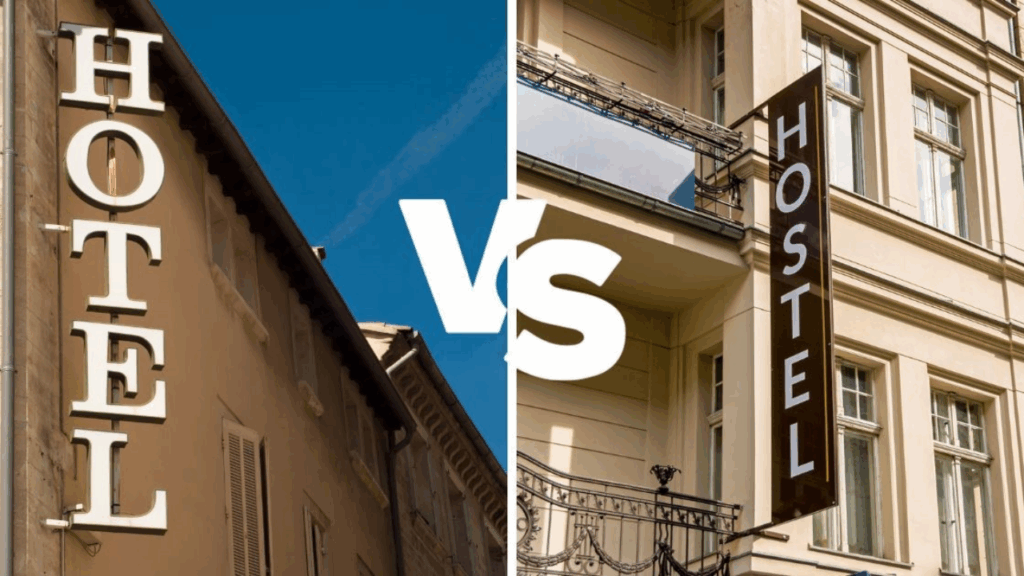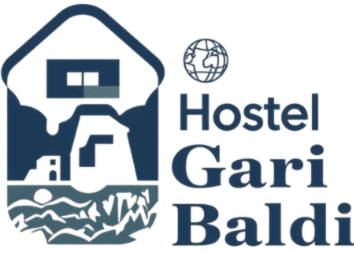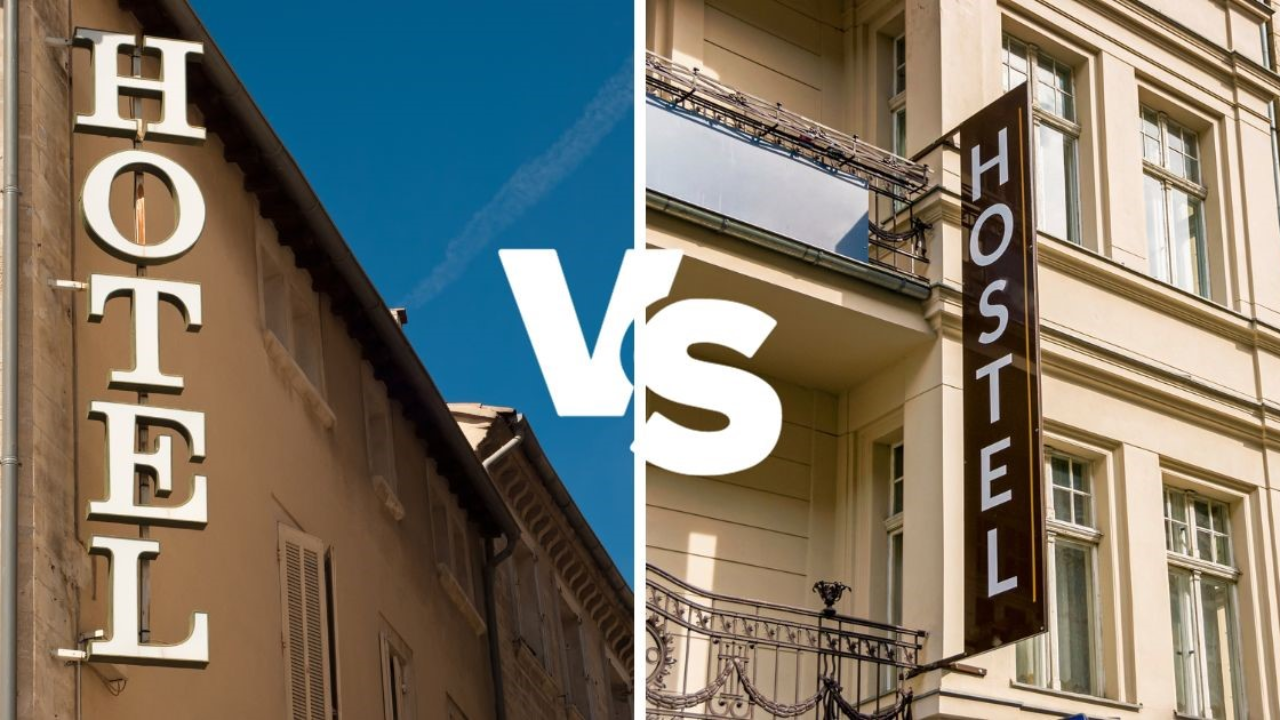
Hostels are no longer just about cheap dorm rooms and budget travel. They have evolved into thriving social spaces where travelers find friendships, share stories, and create lifelong memories. At the heart of this transformation is the concept of community building, which turns hostels into more than accommodation—they become cultural and social hubs.
The Shift from Beds to Communities
Traditionally, hostels were viewed as basic and affordable lodging for backpackers. However, modern hostels have shifted their focus toward creating a sense of belonging. Guests are not only looking for a place to sleep but also for opportunities to meet like-minded people, share experiences, and connect with local culture.
This community-focused approach sets hostels apart from hotels, where privacy and formality often limit interaction.
Elements That Foster Community in Hostels
1. Shared Spaces
Hostels are designed with communal areas such as lounges, kitchens, and co-working zones. These encourage guests to interact, cook together, and collaborate on activities.
2. Organized Activities
From city walking tours to yoga sessions, hostels plan group events that bring people together. These activities serve as icebreakers, making it easy for travelers to socialize.
3. Cultural Exchange
Cooking nights, music jams, and art workshops introduce guests to different traditions, enhancing the cultural richness of the stay.
4. Collaborations with Locals
Hostels often invite local artists, chefs, and guides, offering guests authentic experiences and supporting local communities.
5. Digital Platforms
Many hostels now use apps and social media groups where guests can connect before arrival, arrange meetups, or plan activities together.
Why Community Matters in Hostels
The appeal of community goes beyond casual friendships—it provides a sense of safety, comfort, and inclusivity. Solo travelers in particular find hostels welcoming because they never feel isolated. Groups benefit as well, as shared activities create unforgettable collective memories.
Benefits of Hostel Community Building:
- Creates a support system for solo travelers
- Encourages cultural learning and tolerance
- Helps guests save money by sharing meals or travel costs
- Fosters lifelong friendships and global networks
- Promotes mental well-being through companionship
Comparing Hostels and Hotels in Community Building
| Feature | Hostels | Hotels |
|---|---|---|
| Atmosphere | Social, open, interactive | Formal, private, reserved |
| Common Spaces | Lounges, kitchens, co-working | Limited or non-existent |
| Activities Offered | Tours, cooking, workshops | Rarely offered |
| Cultural Exchange | Frequent through shared living | Minimal |
| Guest Interaction | Encouraged and natural | Limited to incidental meetings |
Examples of Community-Oriented Hostel Activities
- Themed Dinners: Guests cook and share food from their home countries.
- Movie Nights: Casual gatherings with films that spark discussion.
- Volunteer Opportunities: Travelers and locals engage in meaningful community service.
- Skill Sharing: Workshops where guests teach yoga, languages, or photography.
- Adventure Trips: Hiking, biking, or city tours organized collectively.
Such activities transform strangers into friends and create an atmosphere of inclusion.
Step-by-Step Guide: How Hostels Build Community
- Design Social Spaces – Open lounges and dining areas invite interaction.
- Offer Group Activities – Events provide structured opportunities to meet.
- Encourage Cultural Exchange – Hosting nights that highlight traditions.
- Engage with Locals – Bringing the destination closer to travelers.
- Foster Online Interaction – Using apps or groups for pre- and post-stay connections.
Overview Table
| Aspect | Hostel Approach | Impact on Travelers |
|---|---|---|
| Shared Spaces | Lounges, kitchens, co-working | Encourages daily interaction |
| Organized Activities | Tours, dinners, workshops | Builds friendships easily |
| Cultural Exchange | Cooking nights, art, music | Exposure to global traditions |
| Local Collaborations | Artists, guides, volunteers | Authentic and immersive stays |
| Digital Connection | Apps and social platforms | Extends community beyond stay |
| Emotional Support | Inclusive and welcoming vibes | Reduces loneliness, boosts confidence |
The Bigger Picture: Why Hostel Communities Matter Globally
Community-building in hostels is not just about socializing—it contributes to global understanding. When people from different cultures come together, stereotypes are broken, tolerance is fostered, and empathy is developed. In an age where isolation and division are growing, hostels serve as a small but powerful reminder of our shared humanity.
Final Thoughts
Hostels have redefined themselves from being budget-only accommodations to vibrant community hubs. By blending affordability with opportunities for social interaction, they provide travelers with more than just a bed. They create friendships, cultural exchanges, and unforgettable moments that shape journeys and perspectives for years to come.
FAQs
Q1: How do hostels build a sense of community?
Through shared spaces, group activities, and cultural exchanges, hostels bring travelers together naturally.
Q2: Are hostels safe for solo travelers seeking community?
Yes, hostels are one of the safest options for solo travelers as they provide built-in social support.
Q3: What makes hostels different from hotels in community-building?
Unlike hotels, hostels focus on interaction and shared experiences, creating bonds beyond just accommodation.

